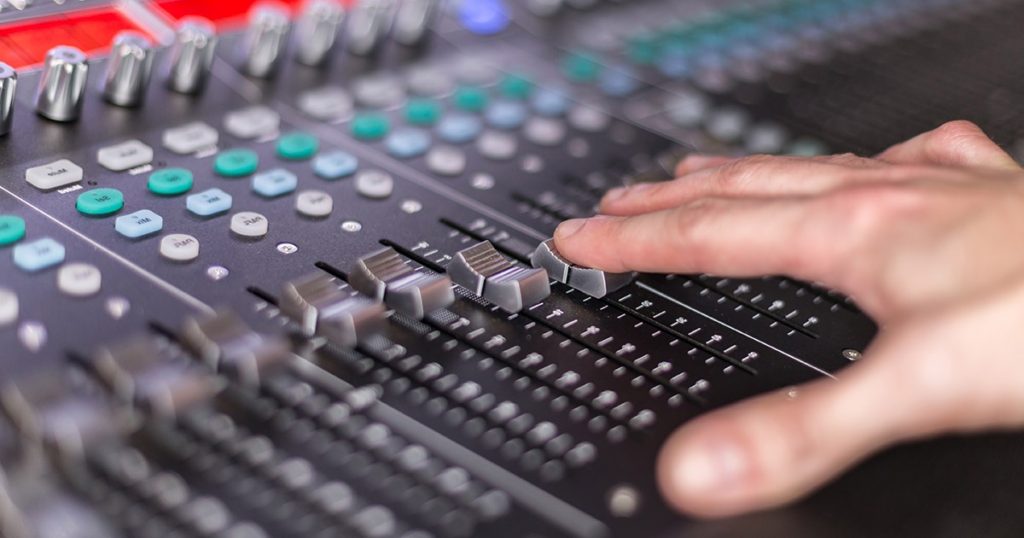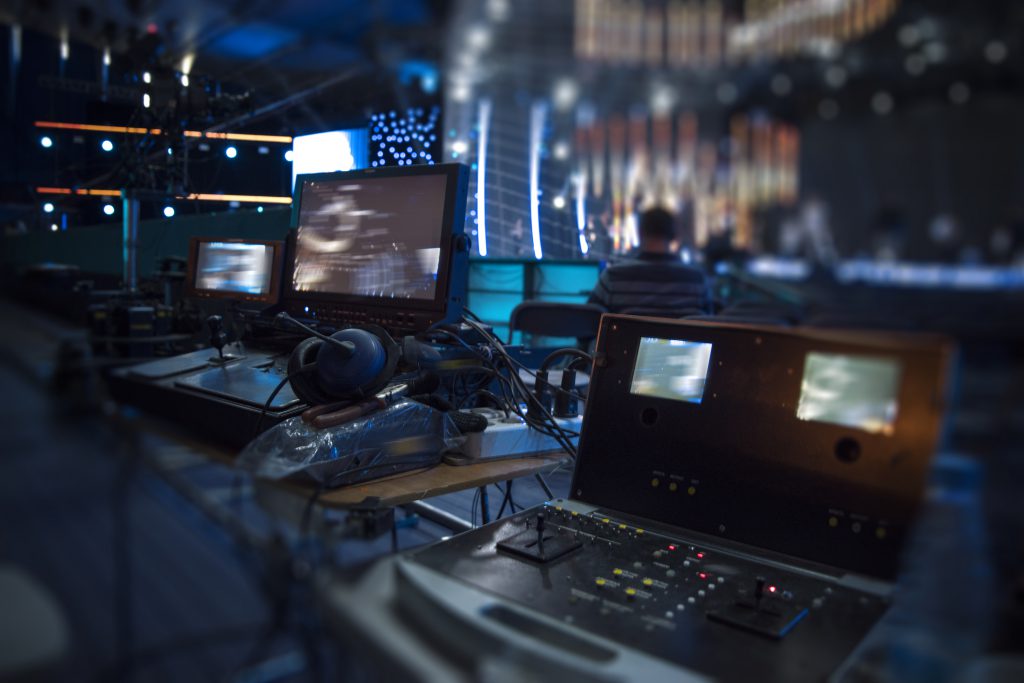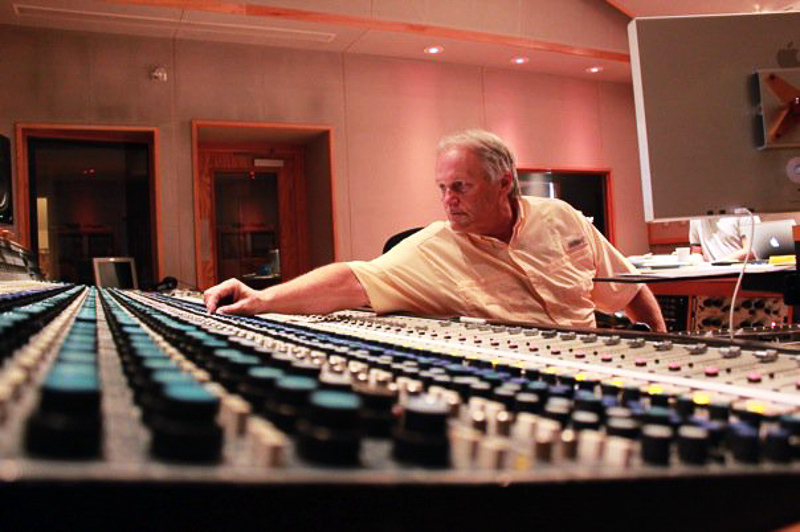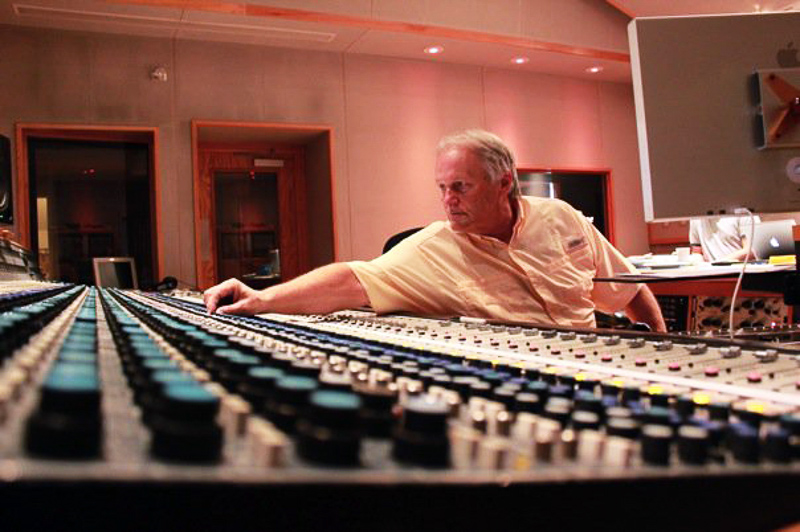Which type of sound engineer are you supposed to be?
A professional trained in the mechanics of recording, mixing, and reproducing sound is known as sound engineer, sometimes called as an audio engineer. Sound engineers manipulate the various aspects of sound as a part of the overall commercial production process, they work solely with the technical aspects of music.
If you have ever watched a film in the movie theater, attended a large community event or an amazing concert during Chicago music festival, you can credit the wonderful sound you heard to a skilled sound engineer.
Commercial recording production is made up of four areas. These are: 1) Recording; 2) Editing; 3) Mixing; 4) Mastering.

Check out Top 12 Most Durable Over Ear Headphones In 2021.
Before these areas are added to the final project, they all need different music and sound manipulations.
Many sub-disciplines to sound engineering exist because of this. These sub-disciplines contribute to provide audiences with high-quality sound. Sound engineers, who bring music to the audience attended a high-level audio-engineering school.
If you are engineers, here are various specializations you can be involved throughout the commercial production process.
Front of the house sound engineer (FOH) – This is the post that most people imagine when they hear the term – sound engineer. The FOH stands behind a mixing desk and manages the sound the audience hears.
You often find these engineers mixing music for parties but you can also find them at live concerts, corporate meetings, live television shows or sporting. It is essential to point out that the front of the house position plays relatively small part in making high-quality sound, though it is quite popular in the industry of audio engineering.
Click here to find out information about the most durable headphones.
Monitor sound engineer – A monitor sound engineer supervises the audio during a live production. Their responsibilities involve regulating a band’s instruments, mixing the sound the performers hear as they perform, and mixing the performers’ voices as they act or sing before a live audience.
Monitor sound engineers, also known as foldback engineers, use a stage monitoring system to communicate with performers as a production plays out in actual time. Performers normally receive personalized feeds through stage floor or in-ear monitors which open the lines of communication between sound engineer and performer. Independent from what the audience hears, every performer on stage is capable to have communication with the monitor sound engineer, so that the performance stays stable.

Systems engineer – It must not be confused with the field of system engineering [that focuses on how to design and manage complex engineering systems over their life cycles], a systems engineer is responsible for the setup and design of Public Address (PA) systems.
Public Address (PA) systems allow someone to address a wide audience and include the amplifier, microphone and loudspeakers.
As modern Public Address systems are very complex, there is a lot of technical knowledge necessary to perform the job well. Additionally, systems engineers generally manage the front of the house (FOH) and monitor sound engineers. Since this is a lot of responsibility, completion of audio engineering courses to completely understand the position is required.
Check out most durable headphones here.
Studio sound engineer – This kind of sound engineer works specifically in-studio. Occasionally called a re-recording mixer, studio sound engineers create high quality recordings of music, sound effects and speech.
A studio sound engineer tries to achieve balance between all parts of the audio the audience hears while working in post-production part of a commercial recording. Additionally, this is to match the director’s desired vision for the production.
In order to make the final product for a film, advertisement or television show, studio sound engineers mix recorded music, dialogue and sound effects.
It is crucial to point out that studio sound engineers must act in accordance with the national sound laws that are in place to safeguard consumers’ hearing.
The CALM Act is one such bill, it was created by the FCC to lay out particular regulations concerning television volumes. These regulations apply to all states. Individuals who desire to become a studio sound engineer should invest in classes of audio engineering, in order to learn all of the techniques of post-production sound processing.

Other sound engineer disciplines
There are many sub-disciplines in the field of sound engineering, as mentioned earlier And with the right education from audio engineering schools, you can easily find work in any of these fields.
Below you will find some specializations in the sound engineering industry that may be interesting to you:
1) Research and development sound engineer – This type of engineer invents new audio technologies, equipment, and techniques. Research and development sound engineer enhances the art and process of audio engineering.
2) Wireless microphone engineer – These sound engineers control the wireless microphones for sporting events, theatre productions and corporate events.
3) Game audio designer engineer – These engineers work on audio for video and computer game development. Their responsibilities involve adding audio to the game, improving the overall sound, and delivering quality audio to those who play the games.
4) Recording engineer – Recording engineers work particularly on recording sound for different productions.
5) Mix engineer – This is another focused sound engineer position, mix engineers mix various tracks to create new ones.
6) Mastering engineer – This specific sound engineer works on concluding a mix engineer’s work by making the parts created into a whole.
Here you can find other useful products.
Summing up:
Becoming a sound engineer is a achievable dream. There are number of employment opportunities and the industry is developing every year, and the salaries are good as well. There are many specialties that you can select to make your job that much more successful and exciting.
A sound engineer is a professional who is trained in the mechanics of recording, mixing, and reproducing sound and manipulates sound as a part of the commercial production process.

